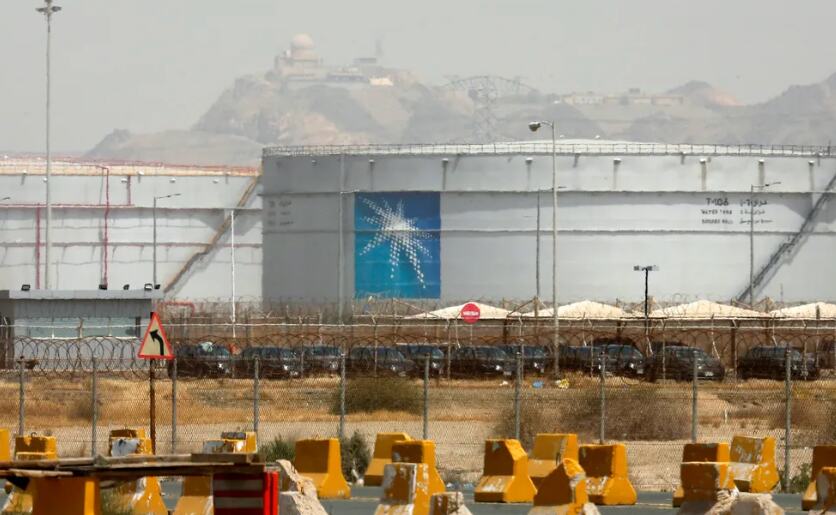Saudi Arabia Extends Unilateral Oil Production Cut, Raises Global Gas Price Concerns
Saudi Arabia extends production cut to boost energy prices, as OPEC+ extends earlier cuts. The move could raise gas prices in the US, currently at $3.82/gallon, due to factors like increased demand and reduced refinery capacity. The decision aims to fund Saudi Arabia's Vision 2030 and support the ongoing conflict in Ukraine.
Saudi Arabia announced on Thursday that it will extend its unilateral production cut of 1 million barrels of oil per day through the end of September. This move is part of the kingdom’s efforts to boost energy prices, while other OPEC producers have agreed to extend earlier production cuts through next year.
The announcement was made in a statement on the state-run Saudi Press Agency by an anonymous official in the kingdom’s Energy Ministry. The official added that the cut could be extended or deepened if necessary.
This decision comes as benchmark Brent crude traded on Thursday for over $80 a barrel, and experts suggest that it could lead to higher gas prices in the United States. The national average for U.S. gas prices currently stands at about $3.82 per gallon, which is approximately 30 cents higher than a month ago.
While these prices are still lower than last year, the unusual jump is attributed to factors such as increased demand for air conditioning due to record-breaking summer heat and reduced refinery capacity. Analysts widely anticipated this extension of the production cut, and it is seen as a reinforcement of the precautionary efforts made by OPEC countries to support the stability and balance of oil markets.
Despite a series of production cuts over the past year, prices have remained relatively stable due to weakened demand from China and tighter monetary policies. The Saudi decision aims to increase oil prices to fund Vision 2030, an ambitious plan to transform the Saudi economy, reduce dependency on oil, and create jobs.
Additionally, higher oil prices would help Russian President Vladimir Putin finance the ongoing conflict in Ukraine, as Western countries have imposed sanctions and price caps on Russian oil exports.




